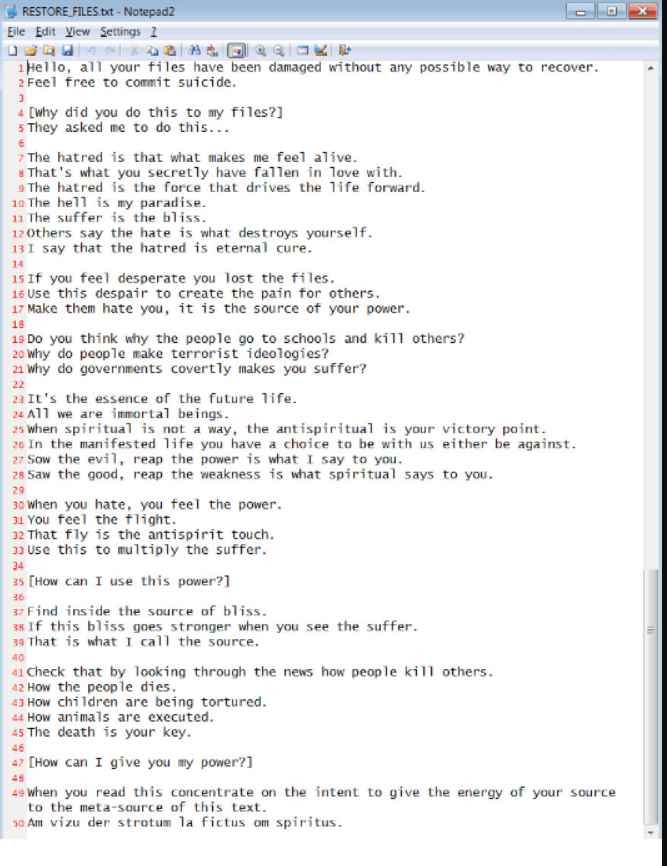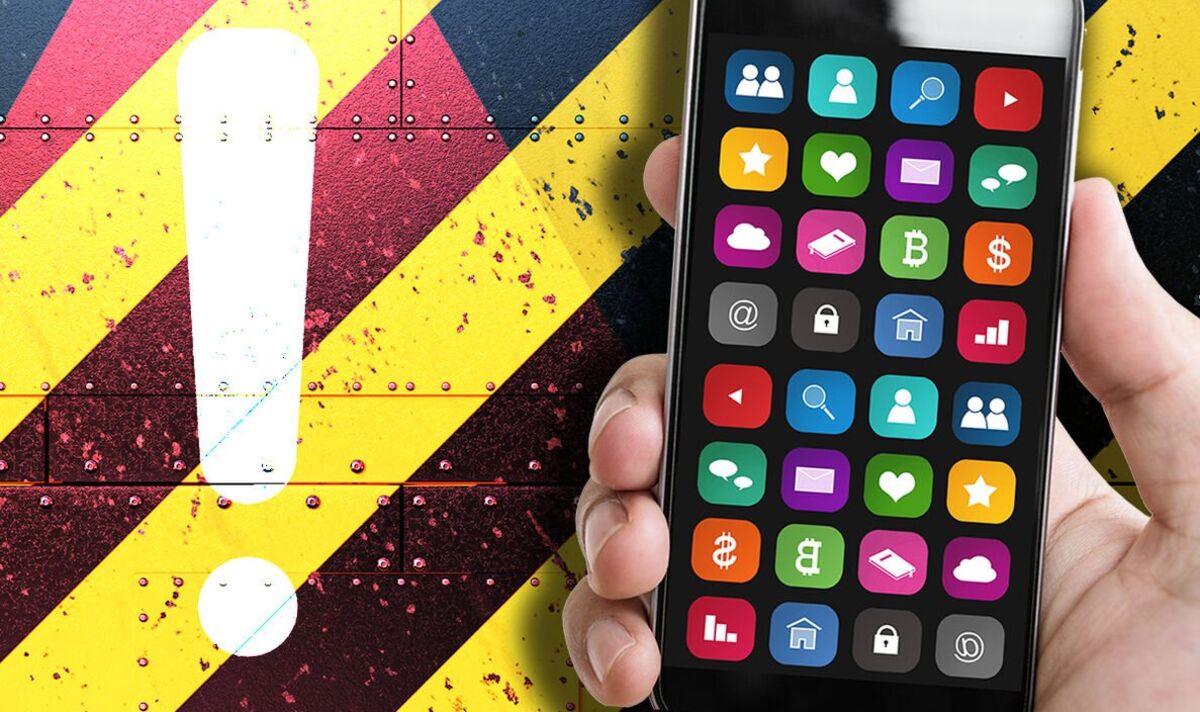More than 20 million Android users urged to delete three apps right now
If you entered 2023 with a fitness-focused new year’s resolution, you might be among the millions who have downloaded active apps to stay motivated.
But cyber experts are now warning that dodgy developers could be exploiting your health kick.
WATCH THE VIDEO ABOVE: Queen’s Brian May warns fans his Twitter account has been hacked.
Watch the latest news and stream for free on 7plus >>
Three apps that claim to track and encourage healthy habits are actually serving advertisements and lies.
Pedometer and health tracking apps have been flagged by anti-virus company Doctor Web for claims that users can accrue virtual rewards which can then be exchanged for real money and online gift cards.
However, the developers have removed the applications’ functional ability to withdraw payment in a later update, which effectively means that users attempting to earn money using the app will find their balance becomes worthless.
Apart from being told they can earn these ‘virtual rewards’ by performing fitness tasks, users are also constantly served advertisements and actually encouraged to boost their reward balance by watching them.
The deceptive update was detected in three apps including Lucky Habit: health tracker, which has the same command-and-control (C&C) server as two fitness apps: WalkingJoy and Lucky Step-Walking Tracker.
“This might indicate that they are all connected and that at any moment ‘Lucky Habit: health tracker’ and ‘WalkingJoy’ users may also lose all hope of receiving payments,” Dr Web reports.
All three applications were previously available for download on the Google Play Store, boasting average star ratings above 3.9 stars. However, at the time of writing only Lucky Habit: health tracker was available for download.
The apps had been downloaded over 20 million times cumulatively.
The apps’ users are told they need to collect two million “coins” to withdraw the cash equivalent of around $35, but once they have reached the required balance they are prompted to watch 30 more advertisements in order to make a withdrawal.
But after that, no…






